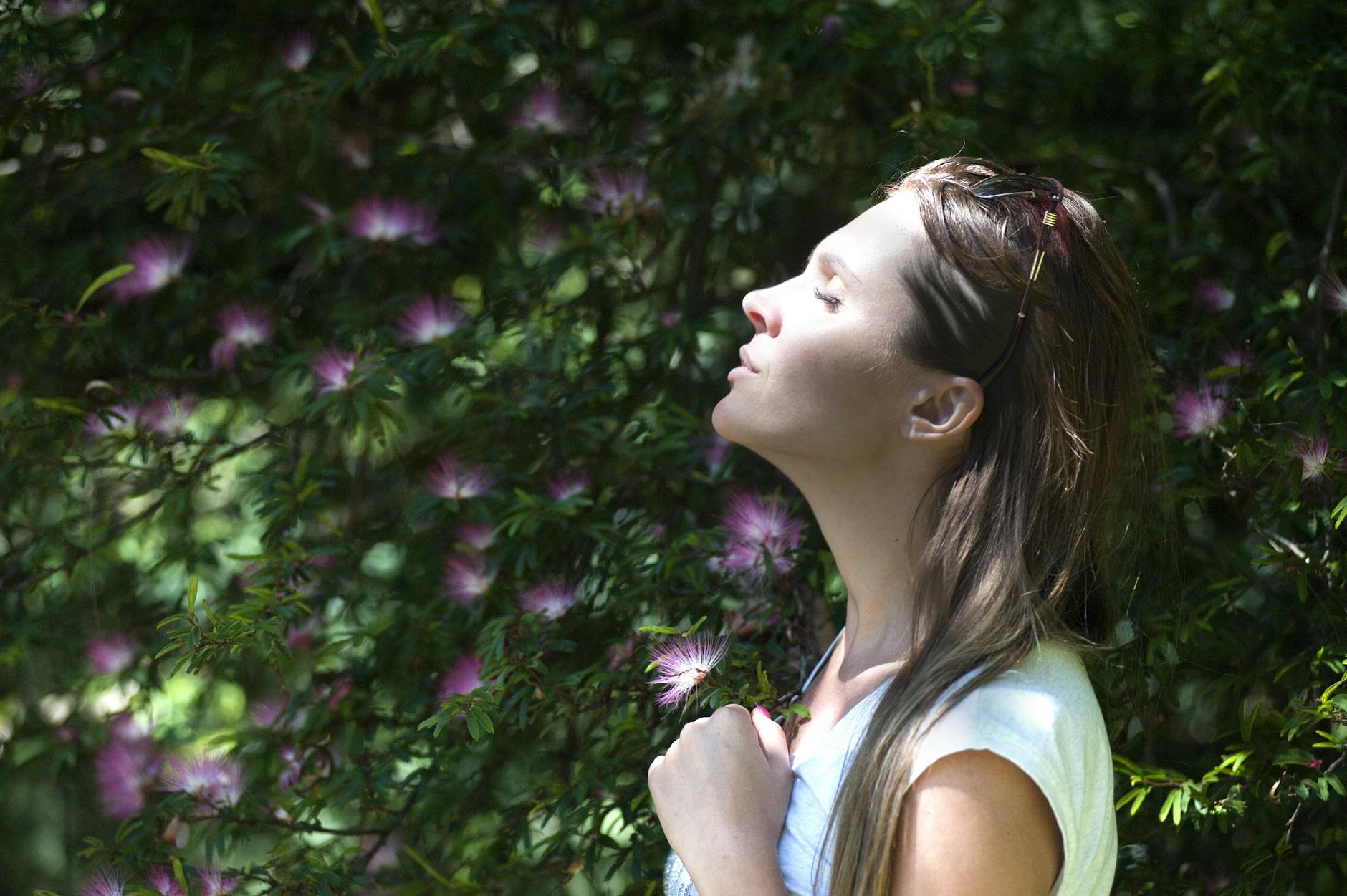How Can Lifestyle Changes Help You Reduce Anxiety and Stress?
Stress and anxiety can affect nearly every aspect of daily life, making even simple routines feel overwhelming. Lifestyle changes, such as practicing deep breathing, regular exercise, and healthy eating, can directly lower anxiety and improve emotional resilience. Incorporating calming activities or natural supports like lemon balm for anxiety has also shown benefit for many people looking for gentle options.
Anyone seeking a calmer mind can benefit from practical habits that support mental health, including better sleep, social support, or mindfulness practices. These small daily choices add up, helping manage stress levels and support ongoing well-being.
Key Takeaways
- Lifestyle changes can reduce anxiety and stress.
- Consistent healthy habits support long-term mental wellness.
- Natural options, such as lemon balm for anxiety, may complement other strategies.
Fundamental Lifestyle Changes for Reducing Anxiety and Stress
Lifestyle choices play a vital role in managing anxiety and stress. Focusing on consistent physical activity, structured mindfulness practices, and good sleep hygiene helps regulate stress hormones, support mental well-being, and promote overall stability.
Regular Physical Activity and Exercise
Engaging in regular physical activity encourages the release of endorphins, the body’s natural mood enhancers. Physical movement helps lower cortisol levels, the primary stress hormone, and provides a practical way to manage anxiety symptoms.
Activities like walking, biking, running, yoga, or swimming stimulate different muscle groups and help clear the mind. Even moderate exercise for 30 minutes most days is beneficial. Strength training, stretching, or group fitness classes can also reduce muscle tension and offer a sense of accomplishment. Exercise routines may improve sleep quality and boost self-esteem. Individuals who maintain an active lifestyle are often better equipped to handle daily stressors. For those new to exercise, starting small—such as a brisk walk or gentle yoga—can be effective.
Mindfulness and Meditation Practices
Mindfulness and meditation reduce anxiety by focusing attention on the present moment. Practicing techniques such as deep breathing, progressive muscle relaxation, or guided imagery calms the nervous system and lowers stress.
Meditation and yoga encourage self-awareness and teach individuals to respond rather than react to stressors. Studies show that daily mindfulness practices can help decrease symptoms of anxiety and support emotional regulation. Deep breathing exercises activate the body’s relaxation response, reducing physical symptoms like rapid heartbeat or muscle tightness. Brief practices—five to ten minutes daily—can yield significant benefits. Apps, breathing exercises, and guided meditations provide structured support and make these techniques accessible for beginners.
Quality Sleep and Restful Routines
Quality sleep is crucial for regulating mood and managing anxiety. Poor sleep can increase stress levels, create irritability, and make anxiety harder to control. Establishing restful routines—including a set bedtime and wake-up time—strengthens sleep patterns.
Limiting caffeine, avoiding screens before bed, and practicing light stretching or meditation can prepare the body for rest. A balanced diet with nutrients like B vitamins, magnesium, vitamin D, and omega-3 fatty acids may also support sleep quality and reduce anxiety. Creating a calm sleep environment and prioritizing self-care helps promote restful nights. Over time, consistent sleep is linked with greater resilience to stress and better mental health.
Supportive Habits and Coping Strategies for Anxiety Management
Daily routines can reduce anxiety when they include intentional, evidence-based coping strategies. Key habits such as nurturing supportive relationships, practicing relaxation techniques, and applying effective cognitive tools have direct effects on both stress management and emotional resilience.
Building Social Connections
Strong social connections provide reliable support during stressful times and can reduce feelings of isolation. Spending regular time with friends, family, or support groups encourages open conversation and gives reassurance through shared experiences. Participating in community activities, volunteering, or joining group hobbies helps create new friendships and strengthens existing bonds. According to research, social interaction can act as a buffer against anxiety and is a vital part of stress reduction.
If anxiety feels overwhelming, seeking professional help from a mental health professional such as a therapist or counselor allows tailored guidance. Building these connections can be foundational in learning other coping strategies and finding daily support.
Relaxation Techniques and Soothing Environments
Relaxation techniques can interrupt anxious thoughts and help the body feel calm. Guided meditation, deep breathing exercises, and progressive muscle relaxation are proven methods to manage physical tension and mental distress. Creating a soothing environment can also provide relief. Listening to calming or soothing music, using earplugs to reduce noise, drinking herbal teas like chamomile or blends that include ashwagandha or l-theanine, and keeping a tidy space can all support a calm mind.
Simple actions such as taking a brisk walk outdoors, especially in green spaces, can combine the benefits of exercise and a peaceful setting. Regularly practicing relaxation methods forms a strong foundation for long-term stress management.
Conclusion
Small, intentional changes to daily habits can make a measurable difference in anxiety and stress management. Regular physical activity, a balanced diet, consistent sleep routines, and effective relaxation techniques each contribute to emotional well-being.
Seeking professional support and building supportive social connections also play important roles. These changes do not replace medical care but can complement other treatments for anxiety and stress. Simple steps can empower individuals to feel more in control and improve their quality of life.


Leave a Reply
You must be logged in to post a comment.